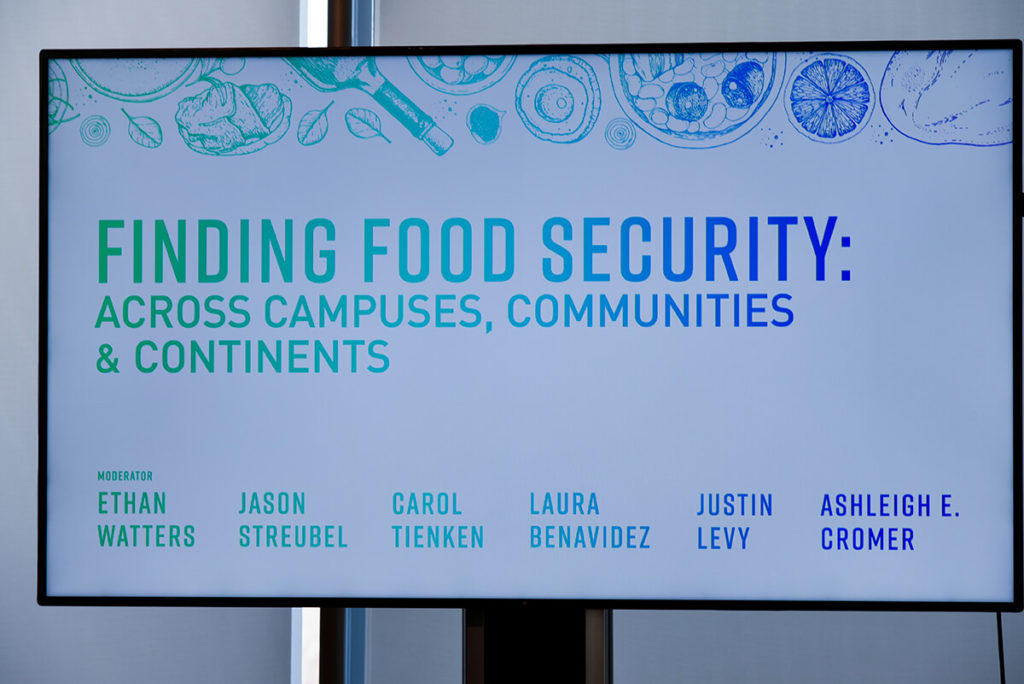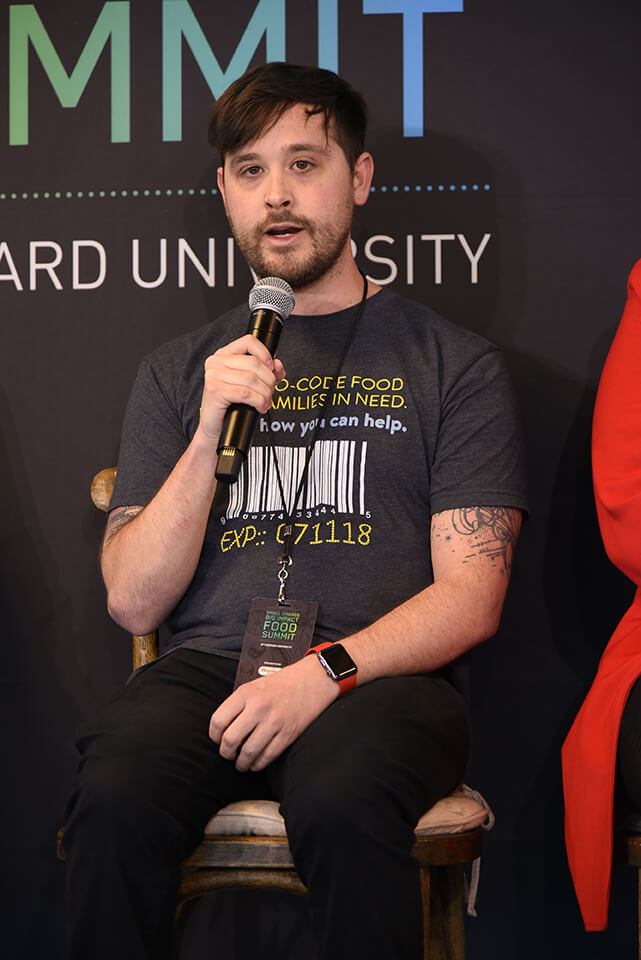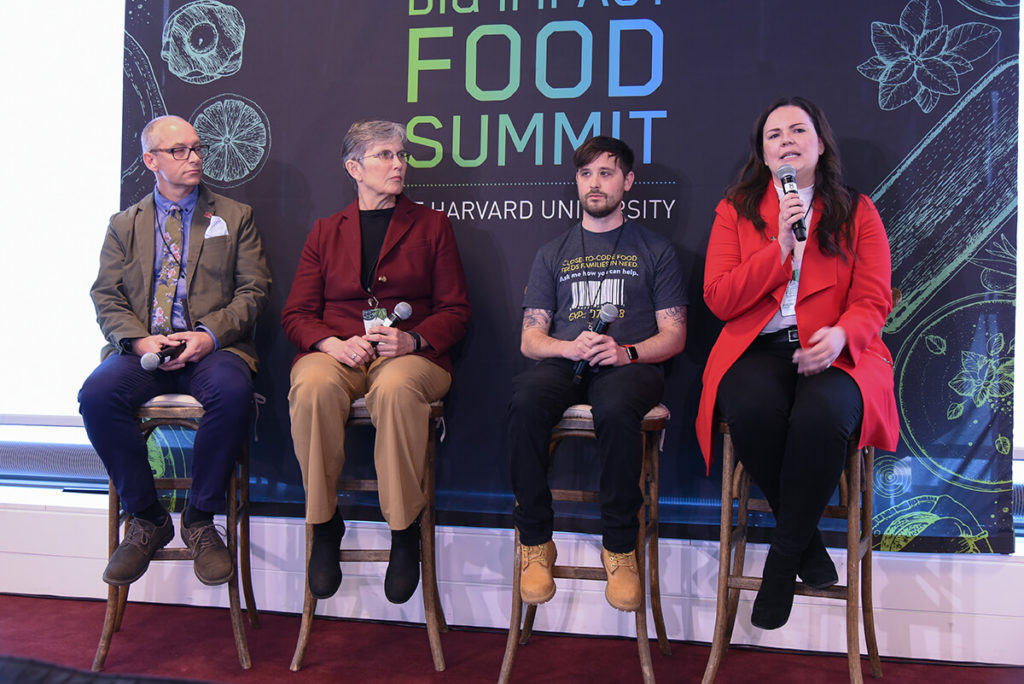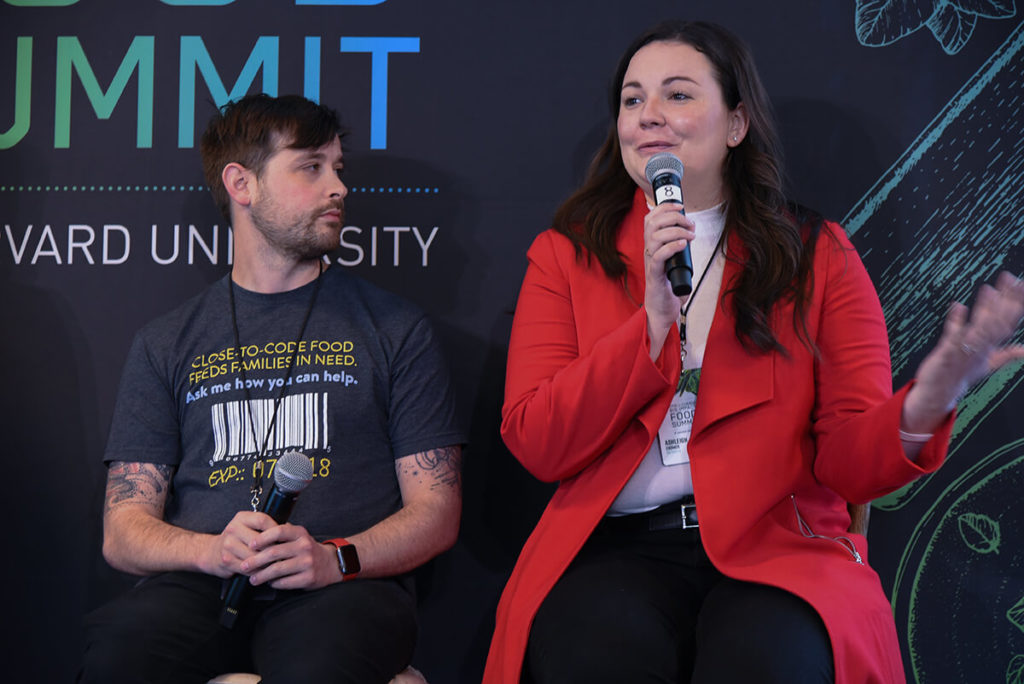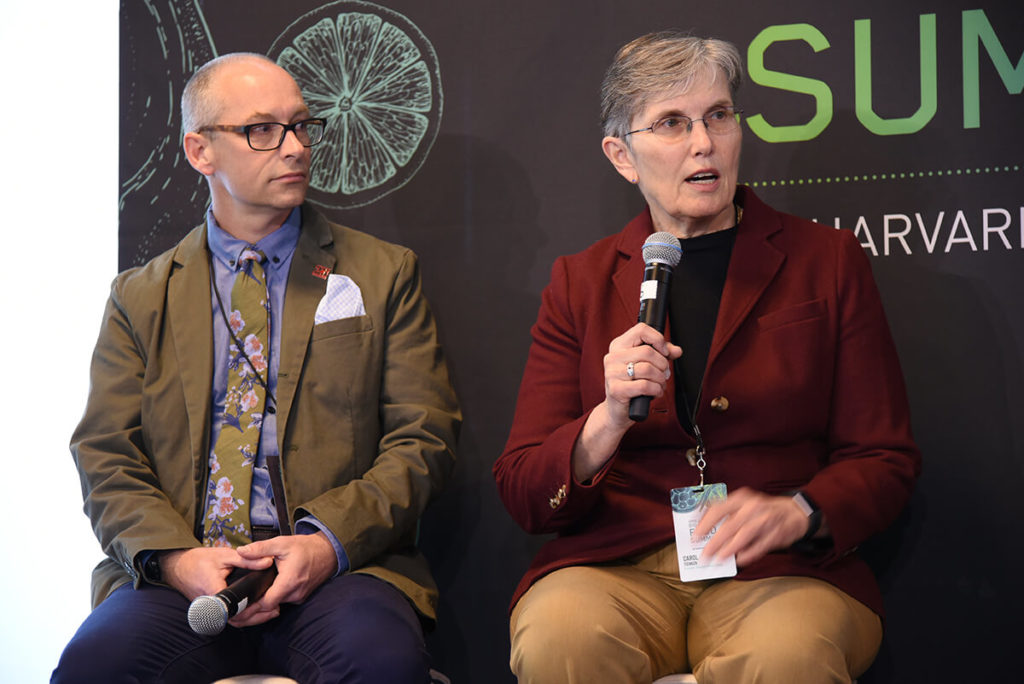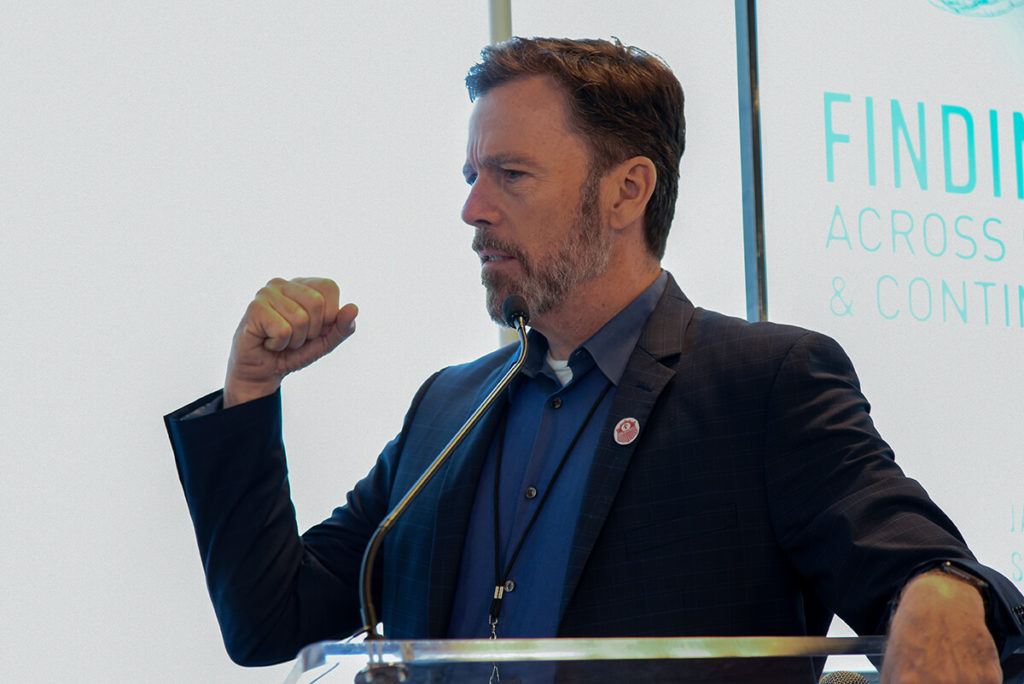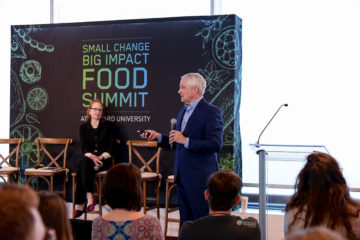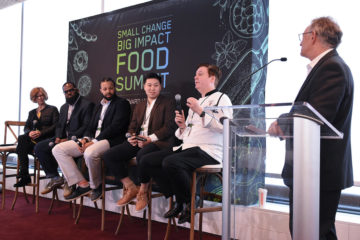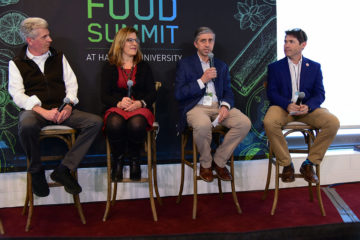Finding Food Security: Across Continents, Communities and Campuses
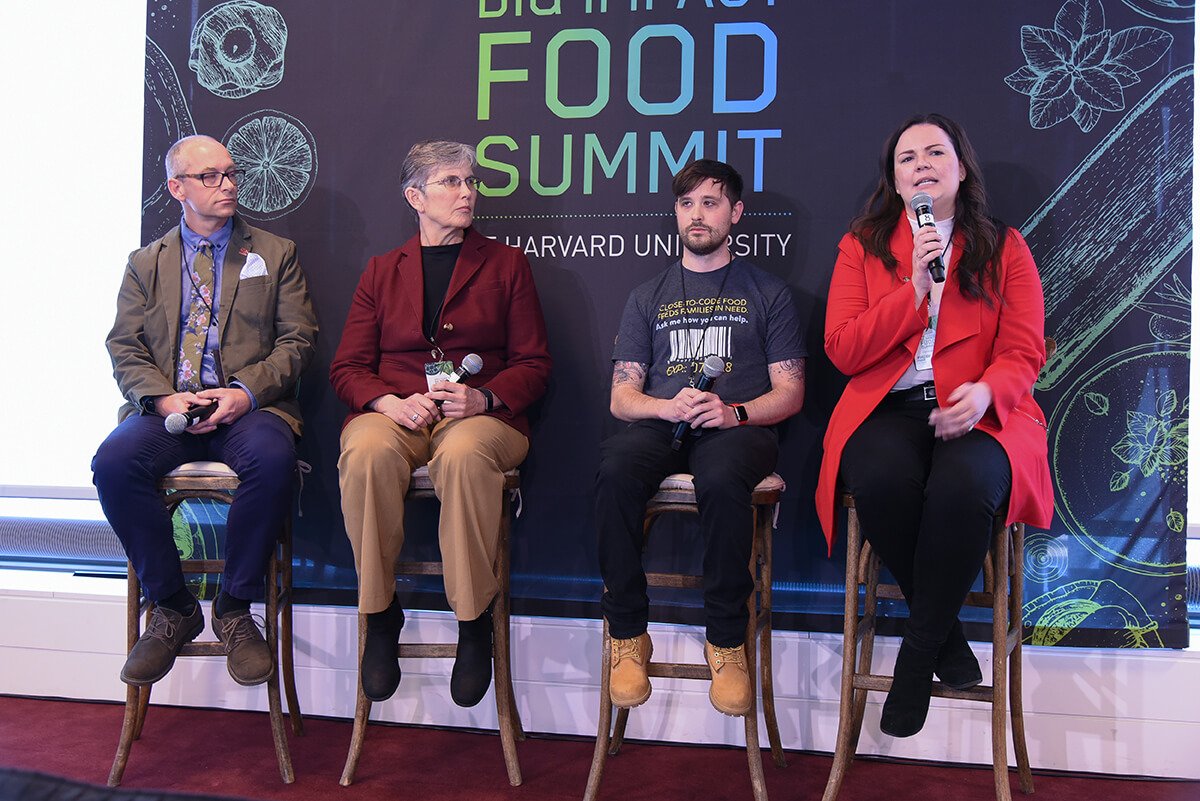
Despite plentiful production of affordable food, food insecurity is everywhere. How can we address this complex problem and make sure all communities have access to nutritious food, locally, nationally and globally? A food system that can’t provide for all will lead to despair and social discord.

Ethan Watters
Futurist and Contributing Editor, Attention Span

Jason Streubel
Senior Director, Agriculture and Food Security, Convoy of Hope
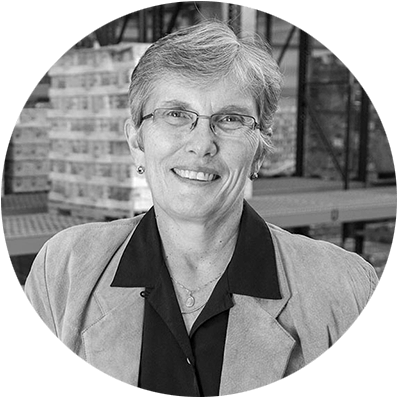
Carol Teinken
COO, The Greater Boston Food Bank

Justin Levy
Executive Director, Conscious Alliance

Ashleigh E. Cromer
Executive Director, Be Strong
Key Takeaways
Calories are cheap, but nutrition is not: as NGOs, churches, schools and non-profits connect to create a social fabric that provides daily nutrition (versus just calories), health and social outcomes can potentially improve in food insecure populations.
Ethan Watters:
“It feels like non-profits are changing and becoming more entrepreneurial, more accountable for what they do for stakeholders. They’re becoming more connected with their partners.”
Ashleigh Cromer:
“There are a lot of really good things that are happening, but we need to work with policy makers.”
Justin Levy:
“People say ‘you don’t run a business, you run a non-profit.’ Yes, but we have a bottom line, and financials… we’re teaming up, and inspiring young people to take action”
Carol Teinken:
“Food is the least expensive way to address chronic disease, and it doesn’t make sense why we’re not solving that problem,”
“As a non-profit, our mindset should be ‘how do we put ourselves out of business?’”
Jason Streubel:
“We deal with internationally and around the world with food insecurity and individuals who do not know where their next meal is coming from. So we are trying to tackle that from the ground up.”
